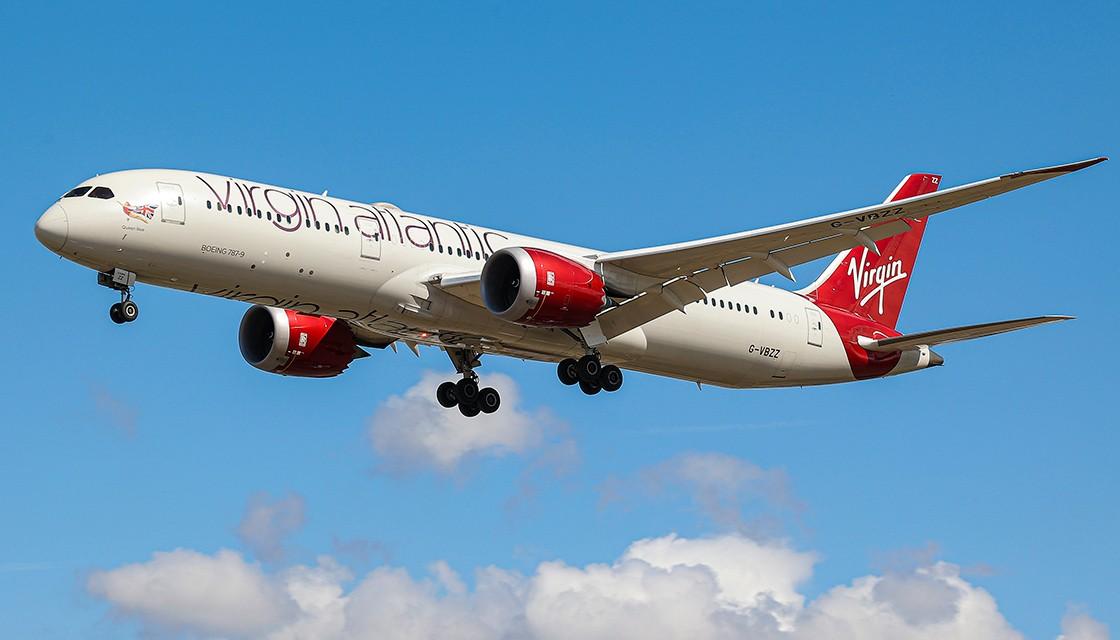Virgin to fly world's first 'net-zero' transatlantic flight in 2023 with Boeing 787
Billed as the "world's first" net zero transatlantic flight, the aircraft will hit the skies in 2023 fueled entirely by what's known as sustainable aviation fuel. SAF is an alternative to fossil fuels that uses ingredients like cooking oils and agriculture waste, cutting carbon emissions by an average of 80 percent, according to IATA, the International Air Transport Association. In a statement, the UK government, which contributed funds for the project, claimed the transatlantic flight will be totally net zero in terms of carbon output due to the SAF, and because it will offset any emissions through "biochar credits" - payments that support the use of an energy process that results in the safe storage of carbon. While the flight is likely to be seen as a step in the right direction for aviation, it will do little to win over critics who have said similar one-off projects are aimed more at easing the conscience of passengers. They say the air industry is trying to give the impression it's on the brink of full sustainability, rather than its stated goal of halving 2005 emission levels by 2050, and that SAF use can still have environmental consequences. In a statement announcing the flight, Virgin Atlantic CEO Shari Weiss suggested "the research and results" of the pioneering 2023 flight "will be a huge step in fast tracking SAF use across the aviation industry and support the investment, collaboration and urgency needed to produce SAF at scale."

